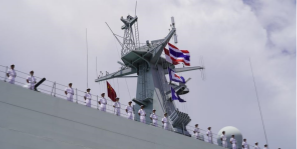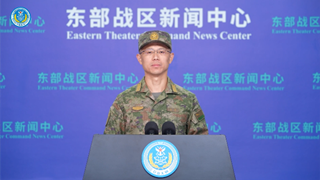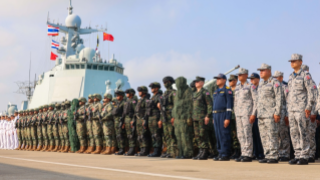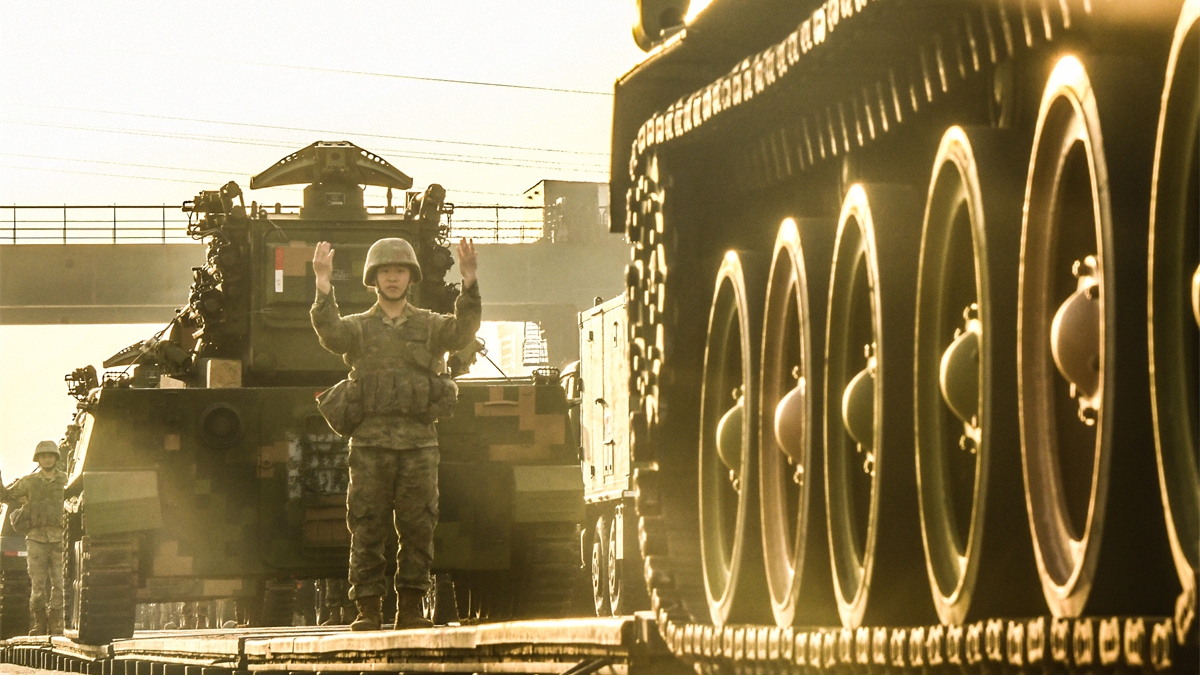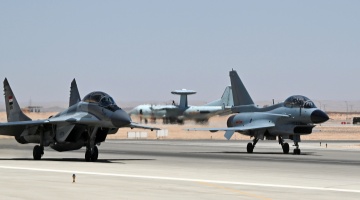By Chen Hong
During a recent parliamentary inquiry, the federal government of Australia said in its political system, the federal parliament has no right to decide whether the country should participate in a war – that's up to the prime minister and the cabinet. This has captured close attention from the outside, especially considering the backdrop of such a statement – the US and the UK are forming the AUKUS security alliance with Australia, providing it with nuclear submarines, and offering to help it develop hypersonic missiles.
Australian Defense Ministry explained that a debate between the two Houses on whether to join a war might keep the country from quickly responding to threats, which would make the strategic partners "lose faith' in the country, so the federal parliament should not have expanded power over war-related decisions.
In other words, if Australia were to join or wage a war, its parliament would have no right to make the final call through discussion and debate.
Australia has participated in 10 military conflicts since WWI, the latest one being the military interference in the Syrian civil war in 2015. According to a report by a federal committee commissioned by the Defense Ministry to review war decisions, some of the wars have been "tainted' because they triggered debate and dispute among the Australian public and political parties. Therefore, Canberra's declaration that the government has all the deciding power over war is to deprive the parliament of any power to discuss, supervise or decide on the subject. As a result, if the incumbent government plans to start or join a war, it can make quick decisions and get the war machine running with no delay without having to heed the parliament’s opinion.
This declaration has drawn close attention. The past few years have seen Canberra getting increasingly aggressive, and its series of military moves have made the international community wonder whether it is getting ready for a war.
Located in the South Pacific, surrounded by the sea in all directions, Australia enjoys natural security protection from the Pacific Ocean and Indian Ocean. In recent years, the US, to maintain and reinforce its hegemony, has tried hard to advance its so-called "Indo-Pacific strategy' aimed at curbing and undermining China's peaceful development, and is going all out to tie its allies and partners onto its anti-China chariot considering its own declining national strengths.
On Washington's strategic chess board, Australia is a piece bestowed with a special mission. First, it can act as America's "acting sheriff" in the South Pacific or even Asia Pacific to help realize Uncle Sam's strategic and tactical objectives. Second, it can be the logistics base of America's anti-China operations by providing supplies and manufacturing ammunition. The Chief of Staff of the US Army said on August 9 that Australia could be the testing field of America's hypersonic weapons and other long-distance high-precision weapons. Third, if and when Washington decides to take military adventures, Canberra is very likely to be asked to dispatch troops and charge for America's sake.
A peaceful and stable environment is imperative for development and prosperity. There is neither a historical grudge nor a conflict of interest between China and Australia. As the Chinese economy takes off, Australia, with its abundant mineral and energy resources and quality agricultural, dairy, and service products, has become China's important economic partner and soared to be the world's 12th largest economy. The mutually beneficial cooperation serves the long-term interests of both countries and their people, and is conducive to peace and prosperity in the Asian Pacific region and the world in general.
In unwisely viewing China as a rival in order to preserve America's national interests and hegemony, Australia is putting its own national security in peril. Canberra must make a calm and rational judgment in consideration of its long-term national interests.
(The author is Director of the Australian Studies Centre, East China Normal University)
Editor's note: Originally published on huanqiu.com, this article is translated from Chinese into English and edited by the China Military Online. The information and opinions in this article do not necessarily reflect the views of eng.chinamil.com.cn.



